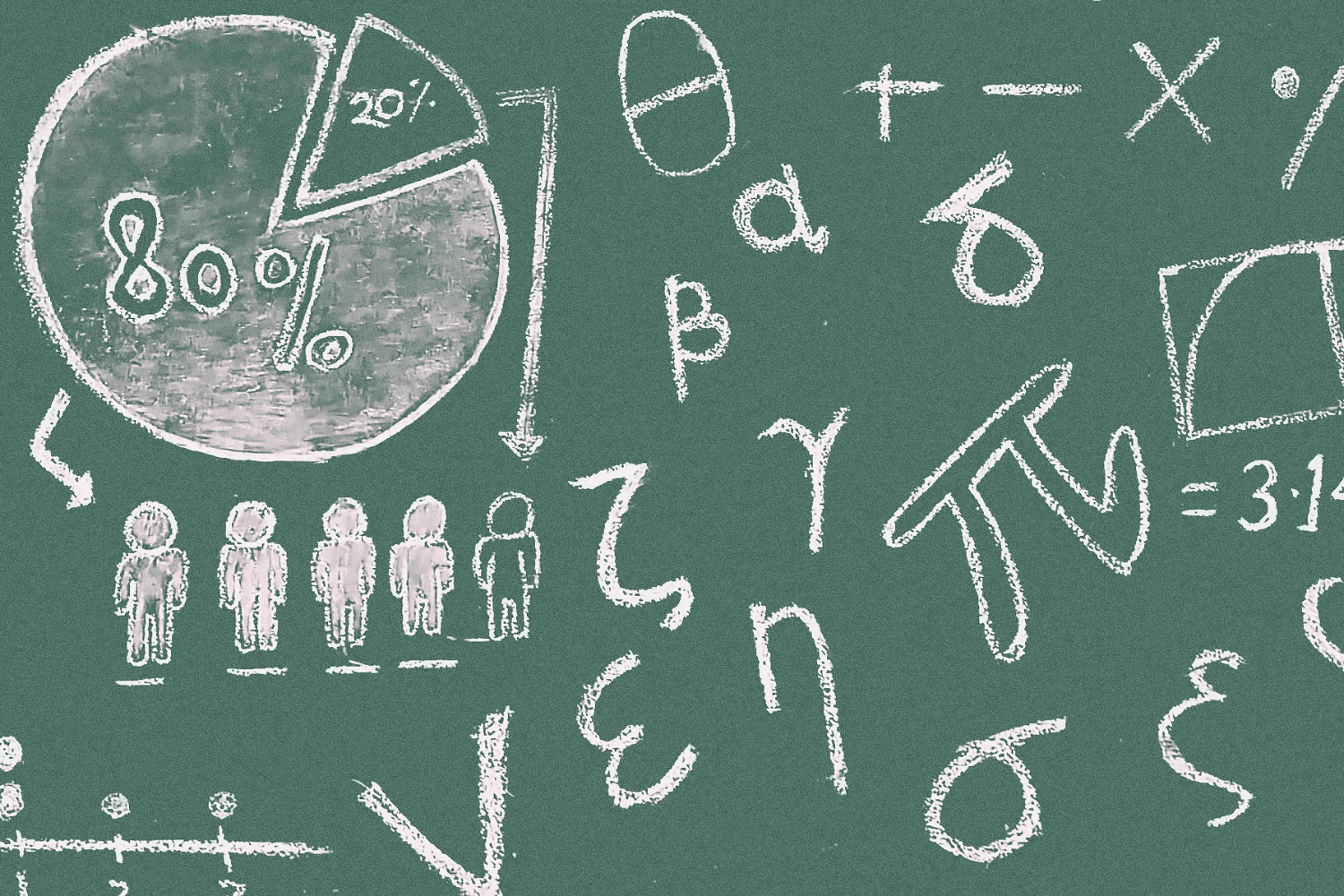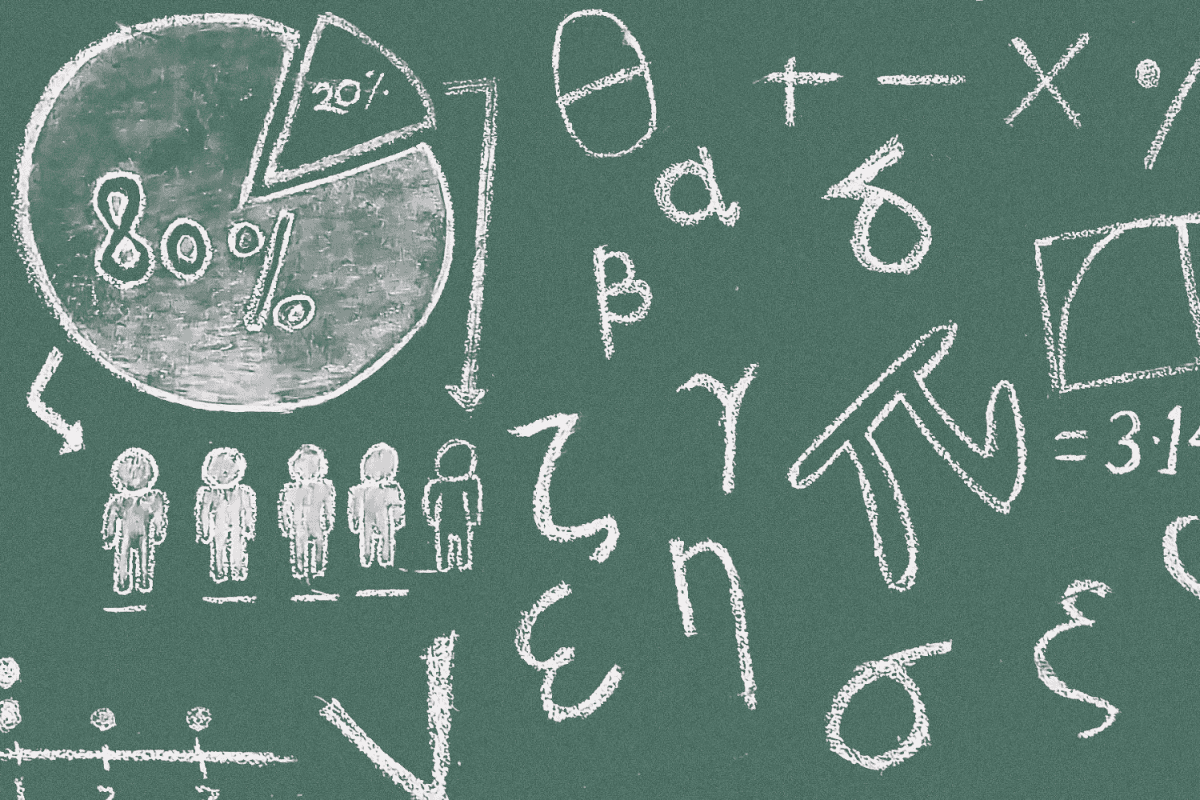How has the pandemic affected your child’s progression in mathematics?

According to research on math development and anxiety, math learning seems to be taking a bigger hit during the pandemic over other subjects. A handful of studies pulled data from millions of students participating in computer-adaptive tests to estimate students’ learning growth during school closures and how much that growth rate is likely to slow during the next few years.
Three studies predicted that students could learn half of up to a full year less math compared to what they would have learned in a typical year. None of the research has gone far enough to find any specific skills students may have lost, such as content or foundations in math like number sense or fractions. However, these studies are helping to show the overall impact that the pandemic has had on students and their math learning.
Why Is The Learning Loss Worse In Math?
Experts believe math may be more sensitive to pandemic-related disruptions for a few reasons, including:
- It is often more difficult for teachers to engage in effective math instructional practices via virtual learning.
- Stress-related to the pandemic may worsen existing math anxiety in some students.
- Math is almost always formally learned at school as parents are often less well-equipped to help their children with their lessons.
Math Anxiety
Math anxiety, also known as math phobia, is a condition that leaves many people feeling like they “just can’t do math.” This type of anxiety can start as early as five years old and can last into adulthood. Unfortunately, the stress of the pandemic has exacerbated the condition in many students, leaving them with a much worse situation before school closures and virtual learning.
The greater number of students reporting math anxiety adds to the mounting evidence that the pandemic has had an impact on academics and the broader health and well-being of students. More than 35% of parents have reported that they are extremely concerned about their child’s mental health.
Future Prospects Threatened
The fallout from the pandemic threatens this generation’s prospects and could ultimately constrict their opportunities far into adulthood. The effects of both a decrease in learning and mental health problems may undermine their chances of attending University and ultimately finding a fulfilling career that enables them to support a family.
Unless steps are taken now to address students’ unfinished learning from the pandemic, irreparable damage may be done. Here at Dropkick Math, we understand the opportunity to help students catch up on unfinished learning from the pandemic and tackle long-standing learning gaps that may have been previously missed.
Parent Involvement
While the school districts have a critical role in helping students get back on track and play catch up, parents and guardians also need to become active in their learning. As one of the leading math tutoring services in Ontario, our trained instructors at Dropkick Math provide support in learning key math skills by focusing on relationships and engaging the parent/guardian.
At Dropkick Math, we start by assessing the student with our free early indicators check-in. From there, we can help place your child in our program and get them started on building their math confidence and develop their skills for the future.
Get started today by learning more about our programs.


